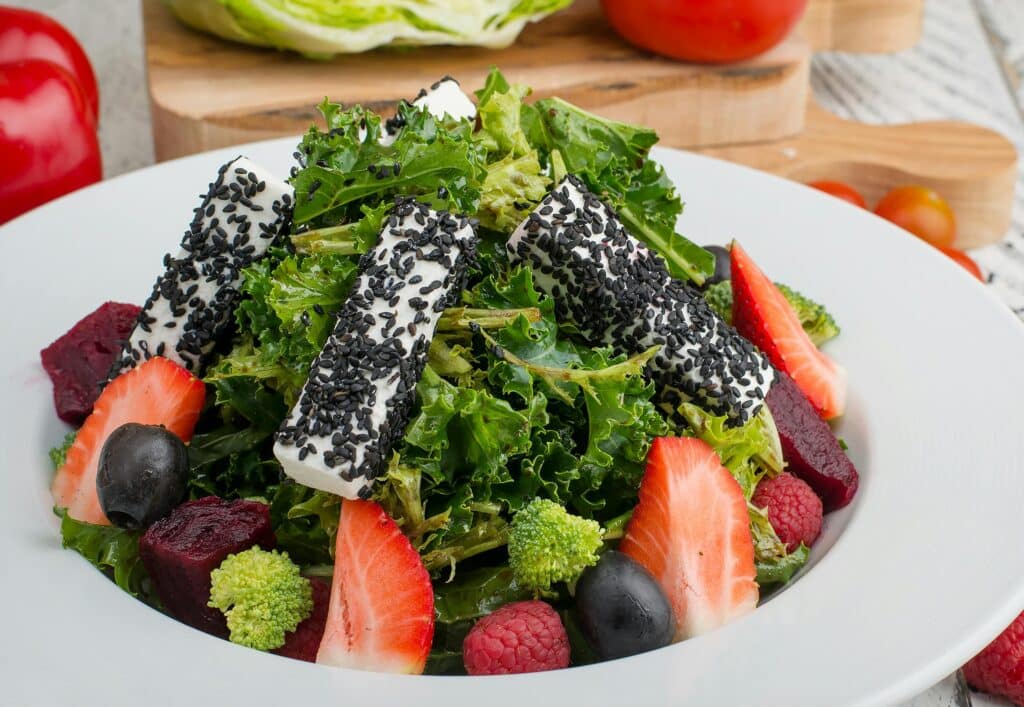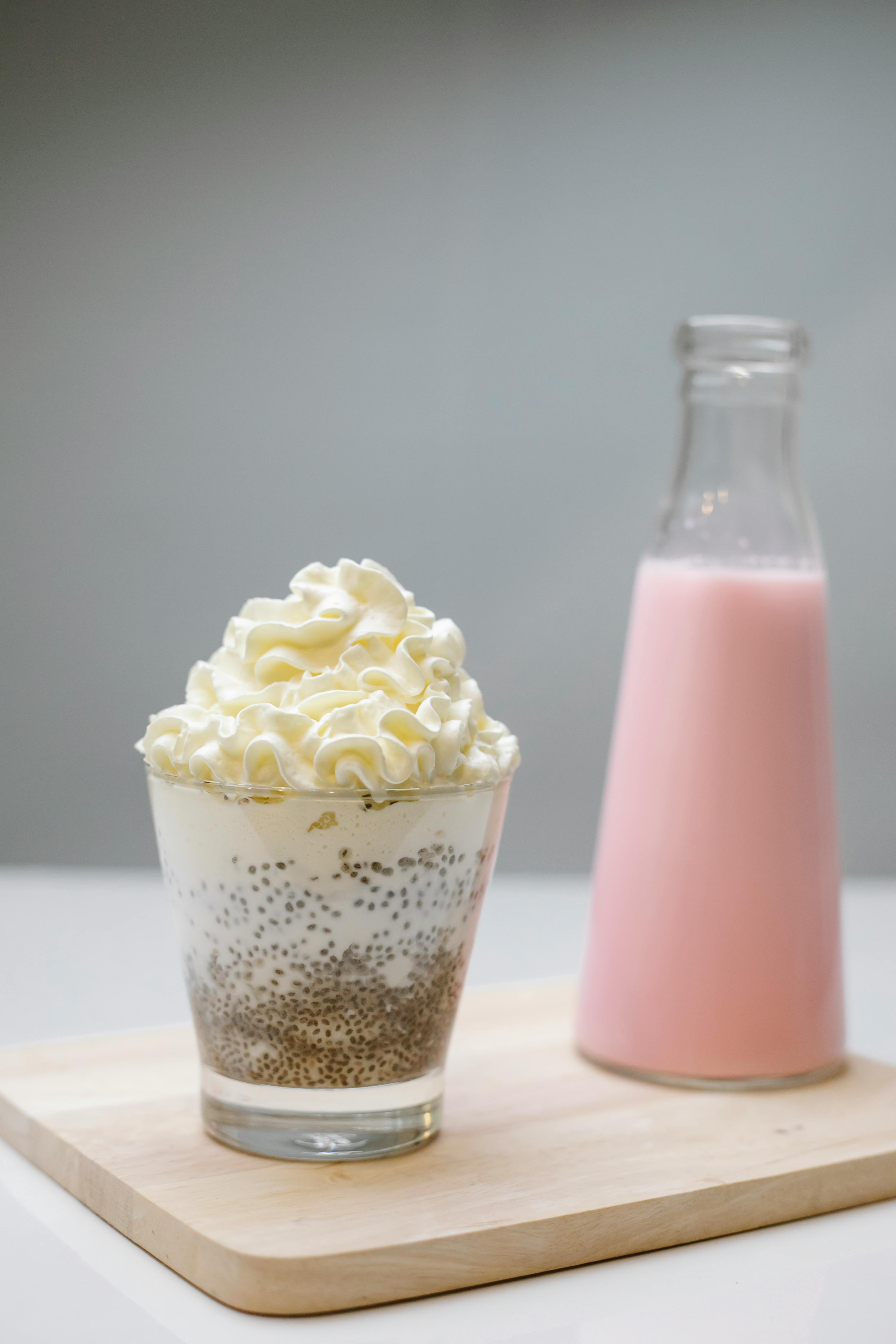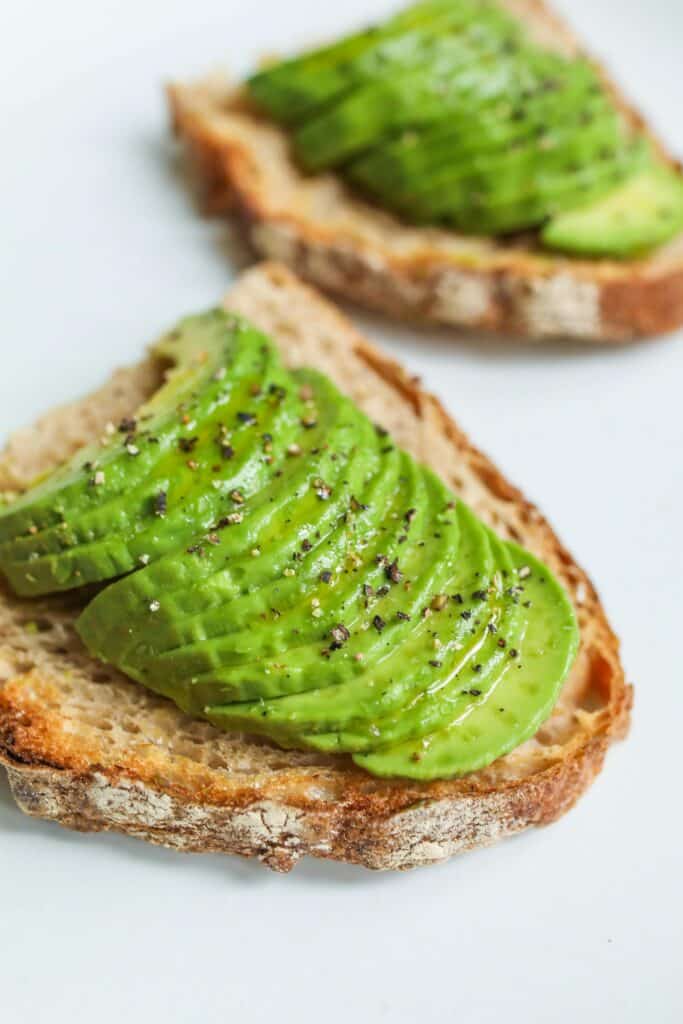Want to supercharge your health and feel your best every day? Enter the world of superfoods—nature’s nutritional powerhouses packed with everything your body needs to thrive. But what exactly makes a food “super,” and why should it matter to you?
Superfoods are loaded with essential nutrients like vitamins, minerals, and antioxidants that can take your well-being to the next level. From boosting your immune system to enhancing brain function and energy levels, these foods offer a wealth of benefits. And the best part? They’re incredibly easy to add to your daily meals.
In this guide, we’ll reveal the top 10 superfoods that can transform your diet and elevate your health. Get ready to discover simple yet powerful ways to fuel your body!
- Blueberries
Tiny but Mighty Antioxidant Boosters

Blueberries are a perfect example of how good things come in small packages. These delicious berries are packed with antioxidants, particularly anthocyanins, which help reduce inflammation and protect against free radicals that can cause aging and disease.
But that’s not all – blueberries are also rich in vitamin C and fiber, supporting both your skin and digestive health. Regular consumption of blueberries has even been linked to improved brain function and a lower risk of heart disease.
Blueberries are a perfect example of how good things come in small packages. These delicious berries are packed with antioxidants, particularly anthocyanins, which help reduce inflammation and protect against free radicals that can cause aging and disease.
But that’s not all – blueberries are also rich in vitamin C and fiber, supporting both your skin and digestive health. Regular consumption of blueberries has even been linked to improved brain function and a lower risk of heart disease.
How to Enjoy: Add a handful to your morning smoothie, sprinkle them on yogurt, or enjoy them as a snack on their own.

The Leafy Green Powerhouse
2. Kale
Kale has earned its spot in the superfood hall of fame, and for good reason. This dark, leafy green is loaded with essential vitamins, including vitamin A for eye health, vitamin C for immune support, and vitamin K for strong bones. It’s also high in calcium and fiber, promoting healthy digestion and strong bones.
Kale is known for its high levels of antioxidants, which help reduce inflammation in the body, lowering the risk of chronic diseases like heart disease and certain cancers.
How to Enjoy: Toss kale into a smoothie, sauté it with garlic as a side dish, or make crispy kale chips for a nutritious snack.

3. Chia Seeds
Tiny Seeds with Big Benefits
Don’t let their size fool you – chia seeds are a nutritional powerhouse. These tiny seeds are rich in fiber, omega-3 fatty acids, and protein, making them an excellent addition to any diet. The fiber in chia seeds helps regulate digestion and keeps you feeling fuller longer, while omega-3s support heart health and have anti-inflammatory effects.
Chia seeds are also incredibly versatile and can be added to just about anything.
How to Enjoy: Mix chia seeds into smoothies, oatmeal, or yogurt, or create a chia seed pudding for a healthy, satisfying dessert.
4. Salmon
The Heart-Healthy Protein
Salmon is a superstar when it comes to heart health. It’s packed with omega-3 fatty acids, which help reduce inflammation, lower blood pressure, and support brain function. It’s also a great source of high-quality protein, essential for muscle repair and overall body function.
Eating salmon regularly has been shown to lower the risk of heart disease, improve cognitive function, and even boost your mood.
How to Enjoy: Grill salmon with lemon and herbs, toss it into a salad, or serve it with a side of quinoa for a complete meal.


5. Avocados
The Creamy, Nutrient-Dense Fruit
Avocados are known for their creamy texture and high content of healthy fats, specifically monounsaturated fats that help improve cholesterol levels and reduce the risk of heart disease. They’re also a great source of fiber, potassium, and vitamin E, which supports skin health and cell regeneration.
Incorporating avocados into your diet can help improve cardiovascular health, enhance nutrient absorption, and keep you feeling fuller for longer.How to Enjoy: Mash avocado on whole-grain toast, add it to salads, or blend it into smoothies for a rich, creamy texture.

6. Quinoa
The Complete Protein Grain
Quinoa is often referred to as a “super grain,” but technically, it’s a seed! What makes quinoa so special is that it’s a complete protein, meaning it contains all nine essential amino acids that your body needs but can’t produce on its own. Quinoa is also high in fiber, iron, magnesium, and B vitamins, making it a nutritional powerhouse for vegans and vegetarians.
It’s an excellent choice for improving digestion, maintaining steady blood sugar levels, and supporting muscle repair.
How to Enjoy: Use quinoa as a base for salads, serve it as a side dish, or add it to soups for extra protein.
7. Sweet Potatoes
The Nutrient-Packed Root Vegetable
Sweet potatoes are not only delicious, but they’re also packed with beta-carotene, which your body converts to vitamin A. This essential vitamin is crucial for maintaining healthy skin, vision, and immune function. Sweet potatoes are also rich in fiber, vitamin C, and potassium, making them a great choice for heart health and blood pressure regulation.
How to Enjoy: Roast sweet potatoes with olive oil and spices, mash them as a side dish, or bake sweet potato fries for a healthy alternative to traditional fries.


8. Turmeric
The Anti-Inflammatory
Spice Turmeric has been used for centuries in traditional medicine, and modern science is catching up to its many benefits. The active compound in turmeric, curcumin, has powerful anti-inflammatory and antioxidant properties that can help reduce the risk of chronic diseases, including heart disease, cancer, and Alzheimer’s.
Turmeric also supports digestion and has been shown to help with joint pain and arthritis due to its anti-inflammatory effects.
How to Enjoy: Add turmeric to curries, smoothies, or tea for a golden boost of nutrition.
9. Almonds
The Nutrient-Dense Nut
Almonds are one of the healthiest nuts you can eat, packed with vitamin E, magnesium, and healthy fats. They’re also a good source of protein and fiber, which help keep you full and satisfied.
Eating almonds regularly has been linked to lower cholesterol levels, improved heart health, and better blood sugar control.
How to Enjoy: Snack on a handful of almonds, sprinkle them over salads, or add them to your morning oatmeal for a crunchy boost of nutrition.


10. Spinach
The Iron-Rich Leafy Green
Spinach is one of the most versatile leafy greens and a fantastic source of iron, which is crucial for oxygen transport in the blood. It’s also rich in calcium, vitamin K, and vitamin A, all of which support bone health, immune function, and vision.How to Enjoy: Add spinach to salads, blend it into smoothies, or sauté it with garlic for a nutrient-dense side dish
Conclusion: Small Changes, Big Results
Making a shift toward better health doesn’t have to be overwhelming. By introducing superfoods into your meals, you’re simply boosting the nutritional value of your diet—one dish at a time. It’s as easy as tossing a handful of almonds into your afternoon snack or sprinkling some chia seeds into your morning smoothie. These subtle yet strategic additions can yield significant health improvements. By consistently incorporating these top 10 superfoods into your diet, you’re equipping your body with the essential nutrients it needs to excel and maintain peak wellness. Are you ready to see how small changes can make a big impact on your health?
